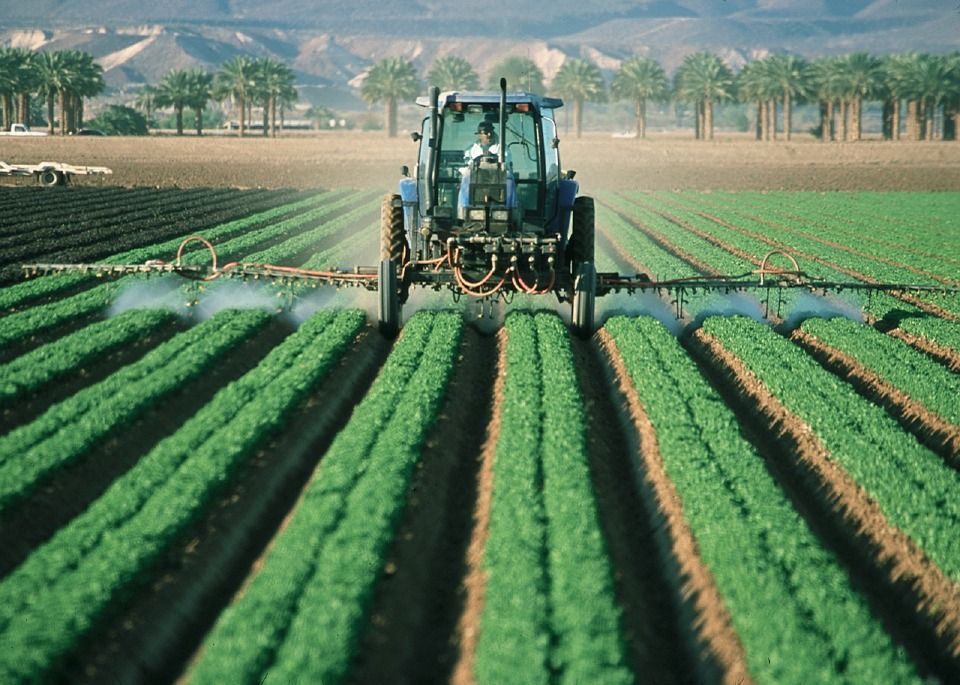The political agreement is the legislative consequence of the agreement on a green tripartite, which the government entered in June with several organizations, including Denmark’s Nature Conservation Association and Agriculture & Food.
The agreement states that there may be potential to reduce Denmark’s CO2 emissions by up to 2.6 million tons in 2032.
In addition to the requirements for farmers’ nitrogen reductions, the green tripartite also implies that 250,000 hectares of new forest must be planted and five more national nature parks established.
The major reduction efforts for agriculture must begin in 2027.
Denmark announces world-first climate tax on agriculture – earmarks billions for rewilding
Correspondingly, around 140,000 hectares of low-lying land must be removed and no longer cultivated.
The ‘Agreement on a Green Denmark’ has been concluded between the government, SF, Liberal Alliance, Konservative and Radikale Venstre.
A historic agreement
It is a historic agreement, as Denmark will become the first country in the world to introduce a tax on agricultural emissions.
The broad political agreement means that the upcoming legislation will stand and permanently change the green transition in Denmark.
About the Green Tripartite
The tripartite was set up in December 2023 by the then-chairman of Venstre Jakob Ellemann-Jensen, after a heated internal party debate about an emissions levy on agriculture.
The tripartite was tasked with negotiating a tax to address the fact that Danish agriculture has not reduced its greenhouse gas emissions for more than ten years.
In addition, it was mandated to propose various measures to better manage the country’s land, nature and drinking water resources.
The Green Tripartite comprises the government, represented by several ministers, Agriculture & Food, the Danish Nature Conservation Association, the Danish Food Federation NNF, Dansk Metal, Danish Industry and the National Association of Municipalities.
The broad political coalition behind the deal means that it will stand for many years.
Source: Ministry of Economy and Commissorium for Green tripartite.
The agreement on a Green Denmark will have great significance for agriculture and nature, says head of Moderaterne and foreign minister Lars Løkke Rasmussen.
“When you see across Europe that tractor tires are being burnt in the capitals and climate activists are sticking to the motorways, it is great to be in a country where the parties are brought together, and we are doing the biggest overhaul of the Danish landscape since Dalgas,” says Løkke.
Enrico Dalgas was one of the leading forces in the planting of the Danish heath.
In doing so, he helped to expand the Danish agricultural area.
Denmark will expand areas for forests – as much as 250,000 hectares, corresponding to the size of Lolland, Falster and Bornholm combined.
Dead seadbeds a big challenge
The discharge of nitrogen from agriculture into the coastal seas and fjords has contributed strongly to creating a poor water environment.
Dead seabeds haunted politicians for the past year, and the negotiations on the green deal have been at a standstill for the past several weeks due to the role of nitrogen in this.
At the end, the agreement was reached at nitrogen emissions by 13,780 tonnes annually.
32 billion DKK to convert to forest and nature
To get less nitrogen emissions, farmers must use less fertilizer on the fields.
The green deal will take large amounts of agricultural land out of operation and convert the areas to forest. It will result in less leaching of nitrogen into aquatic environments.
“There is no doubt that it is a big task, especially when it comes to the land rezoning that awaits,” says Stephanie Lose, Minister of Economy and Deputy Chairman of Venstre.
The regulation of agriculture’s emission of nitrogen from special fertilizers will initially be done on a voluntary basis.
There will be 32 billion DKK from 2025 to 2030, which will enable farmers to sell their agricultural land so it can be converted to forest and nature.
Huge green transformation
Minister for the Green Tripartite, Social Democrat Jeppe Bruus, is pleased that Denmark will be the first country in the world to introduce a CO2 tax on agriculture.
“I will not hesitate to call this a historic result. Danish nature will change in a way we have not seen since the wetlands were drained in 1864. With the new agreement, we will have an ambitious nitrogen effort that will ensure that we get the fish back in our coasts and fjords,” says Jeppe Bruus.















